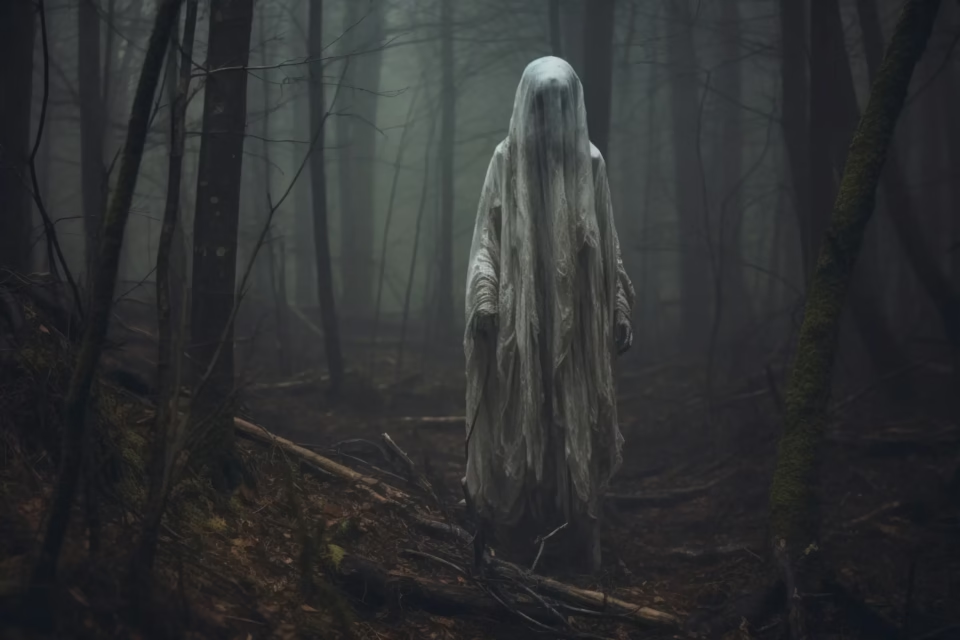Malabo, December 19 — In the annals of Equatorial Guinea’s history, the story of Francisco Macías Nguema stands as a chilling account of power, superstition, and authoritarian rule.
The first president of the nation after its independence from Spain in 1968, Macías Nguema’s reign remains infamous for its brutality and excesses.
Macías Nguema rose to power as the symbol of a newly independent Equatorial Guinea, but his presidency quickly turned into a dictatorship marked by paranoia and repression. With absolute control, he tolerated no opposition and consolidated power by appointing relatives and close allies to key positions.
Nepotism flourished, and his nephew, Teodoro Obiang Nguema Mbasogo, emerged as one of his most trusted aides, holding positions such as commander of the National Guard and Secretary of the Ministry of Defense.
Macías Nguema’s rule was steeped in fear and mysticism. Believing deeply in witchcraft, he demanded worship from his subjects and cultivated an image of himself as a demigod. The atmosphere of fear extended to his government, where dissent was met with brutal consequences. Public executions and mass purges became hallmarks of his leadership.

In 1979, the tides of power turned. Alarmed by the atrocities committed under Macías Nguema and fearing the eventual collapse of the regime, his nephew, Teodoro Obiang Nguema Mbasogo, orchestrated a military coup.
After setting fire to the nation’s fiscal reserves and fleeing with suitcases of stolen money, Macías Nguema was captured two weeks later.
His trial was a moment of reckoning. The new government filed 80,000 criminal charges against him, but he was ultimately convicted on 5,000 counts, including genocide, embezzlement, and human rights abuses.
On September 29, 1979, Macías Nguema was executed by a firing squad. However, due to the fear he had instilled and his alleged supernatural powers, Guinean soldiers refused to carry out the act. Instead, Moroccan mercenaries were brought in to perform the execution.
The aftermath of his death left a nation grappling with trauma. Many believed his ghost lingered, a haunting reminder of the fear he once wielded.
Meanwhile, his nephew, Teodoro Obiang Nguema Mbasogo, assumed the presidency and has remained in power since, navigating the nation’s complex legacy while consolidating his own authority.

Macías Nguema’s era serves as a cautionary tale of the dangers of unchecked power and the lasting scars it can leave on a nation. As Equatorial Guinea continues to evolve, the shadow of its first president remains a potent symbol of both the promise and peril of independence.



